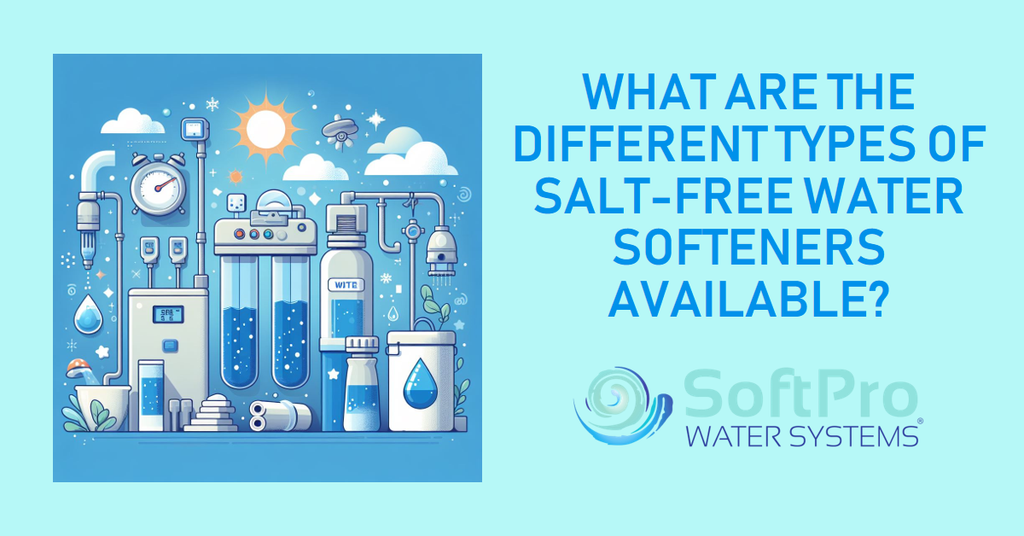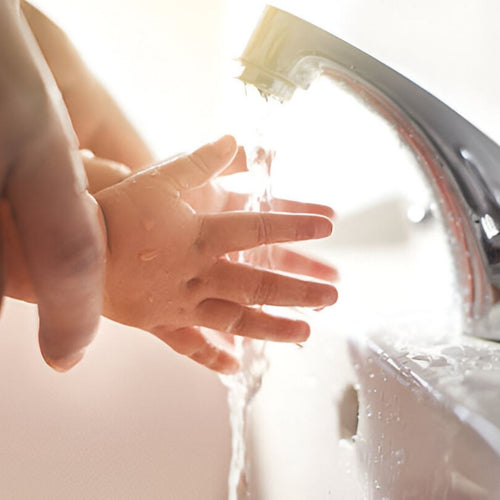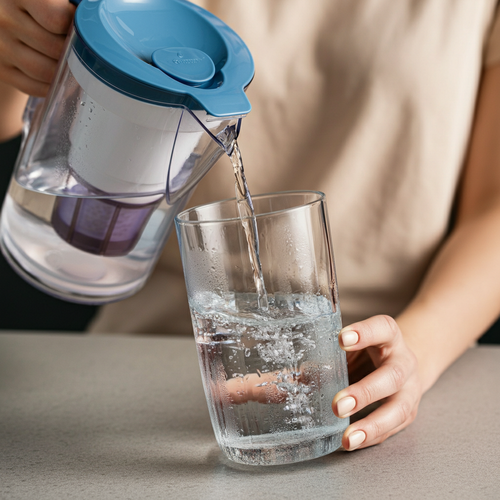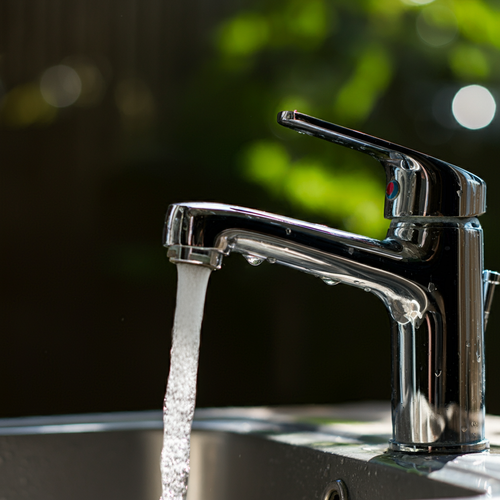Water hardness is a common problem that affects many households and businesses, leading to scale buildup, inefficient plumbing, and reduced appliance lifespan. Traditional salt-based water softeners have been the go-to solution for addressing water hardness, but concerns about environmental impact and maintenance requirements have prompted the development of salt-free water softeners as a sustainable and effective alternative.
What Are Salt-Free Water Softeners?
Salt-free water softeners employ various technologies to address water hardness without the use of salt or chemicals. Unlike salt-based systems that rely on ion exchange, salt-free water softeners utilize physical or chemical processes to modify the properties of hardness minerals, preventing scale formation and softening the water.
Types of Salt-Free Water Softeners
Template Assisted Crystallization (TAC) Softeners
- Method: TAC water softeners utilize template-assisted crystallization to transform scale-forming minerals into inactive crystals, effectively softening water and minimizing scale buildup.
- Benefits: TAC systems are chemical-free, environmentally friendly, and require minimal maintenance. They do not alter the pH balance or essential mineral content of the water.
- Considerations: Effectiveness may be influenced by specific water conditions and may not be as efficient as salt-based systems in removing all hardness minerals.
Polyphosphate-Based Water Softeners
- Method: Polyphosphate-based water softeners employ sequestering agents called polyphosphates to prevent scale formation rather than removing hardness minerals. Polyphosphates form soluble complexes with hardness minerals, inhibiting their crystallization and subsequent scale buildup.
- Benefits: Installation is straightforward, and maintenance is minimal. Polyphosphate-based systems do not alter the water's pH level or mineral content, making them suitable for drinking water.
- Considerations: While effective in inhibiting scale formation, they may not be as effective as salt-based systems in reducing existing scale buildup.
Electromagnetic Water Softeners
- Method: Electromagnetic water softeners utilize pulsed electrical fields to modify the crystal structure of hardness minerals, rendering them inactive and preventing adhesion to surfaces, thereby minimizing scale buildup.
- Benefits: These systems are chemical-free, non-intrusive, and require minimal maintenance. They preserve the water's natural taste and quality by not altering its pH balance or mineral composition.
- Considerations: Effectiveness may vary depending on water flow rates, pipe conditions, and the severity of water hardness.
Reverse Osmosis Systems
- Method: Reverse osmosis (RO) systems employ a semipermeable membrane to remove a wide range of contaminants, including hardness minerals, from water. RO systems purify water by forcing it through the membrane, leaving behind impurities and producing highly purified, softened water.
- Benefits: RO systems effectively remove various contaminants, including heavy metals and microorganisms, delivering high-quality drinking water. They operate without chemicals or salt, minimizing environmental impact.
- Considerations: RO systems require periodic membrane replacement and can be more expensive than other salt-free water softener options. They may also generate wastewater during the purification process.
Benefits of Salt-Free Water Softeners
- Reduced Environmental Impact: Salt-free water softeners eliminate the use of salt and chemicals, minimizing environmental impact and reducing the discharge of harmful substances into wastewater.
- Lower Maintenance Requirements: Salt-free water softeners generally require less maintenance compared to salt-based systems. They do not require regular salt replenishment or complicated maintenance procedures.
- Preservation of Essential Minerals: Many salt-free water softeners do not alter the mineral content of the water, preserving beneficial minerals like calcium and magnesium.
Summary
Salt-free water softeners offer a sustainable and effective solution for addressing water hardness, providing an alternative to traditional salt-based systems. Different types of salt-free water softeners utilize distinct technologies, each with its unique advantages and considerations. Selecting the most appropriate salt-free water softener depends on individual needs, water quality, and budget. Consulting with a qualified water treatment professional can provide expert guidance in choosing the ideal salt-free water softener, ensuring optimal water quality and protection against scale buildup.


















![Aldex Premium 10% Cross Link Resin for Water Softener [High Capacity]-SoftPro® Water Systems](http://www.softprowatersystems.com/cdn/shop/files/Aldex_10_Cross_Link_Resin_Premium_High_Capacity_for_Water_Softener_600x.jpg?v=1735853599)





















